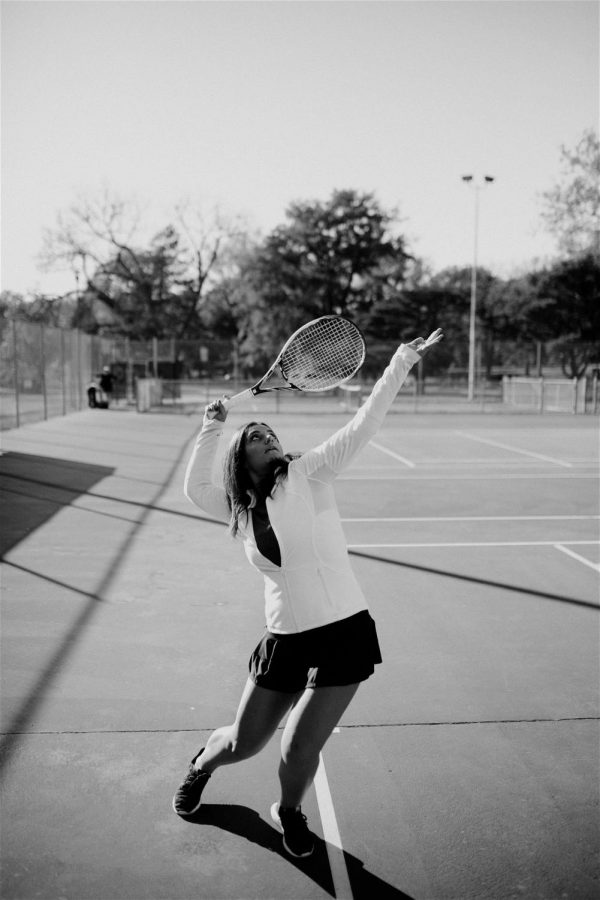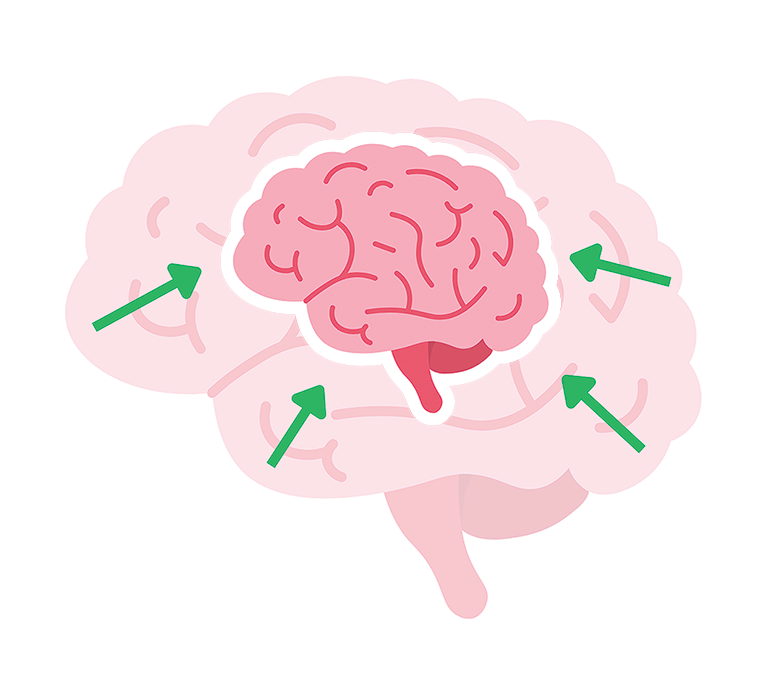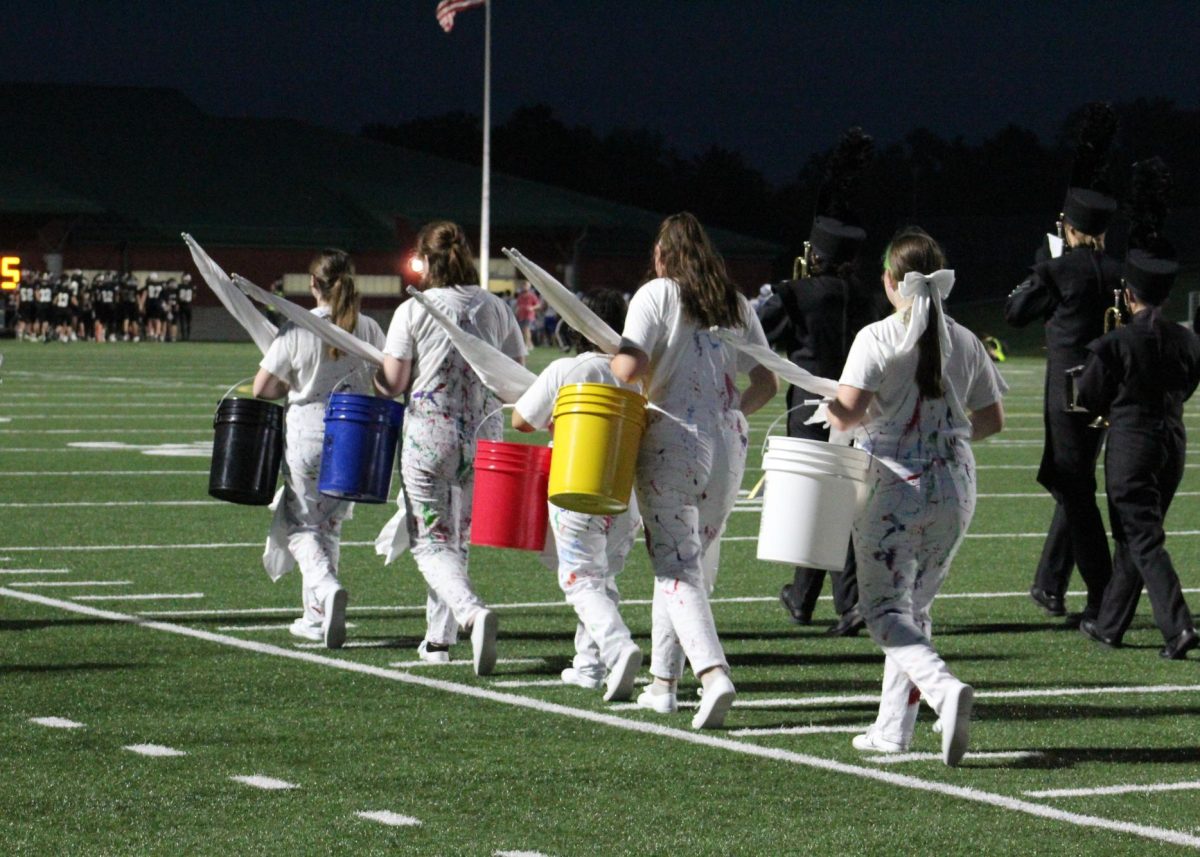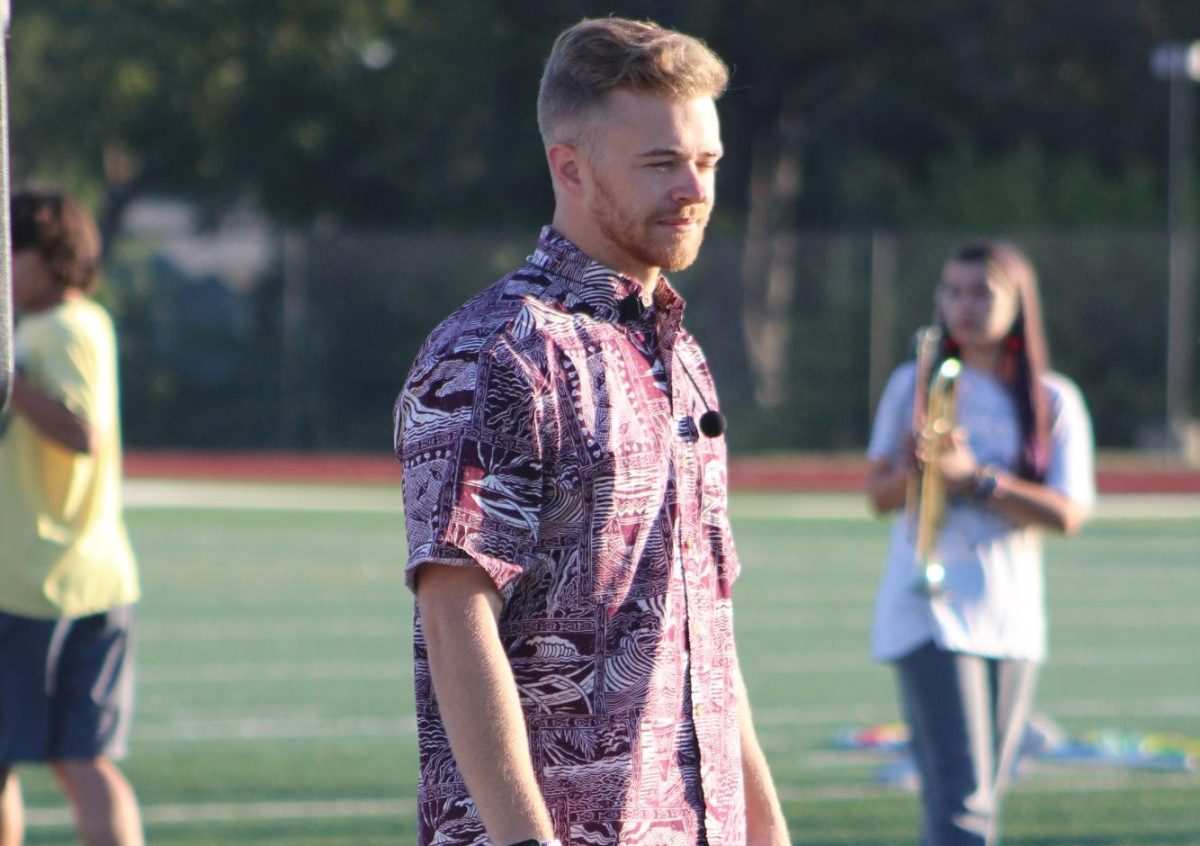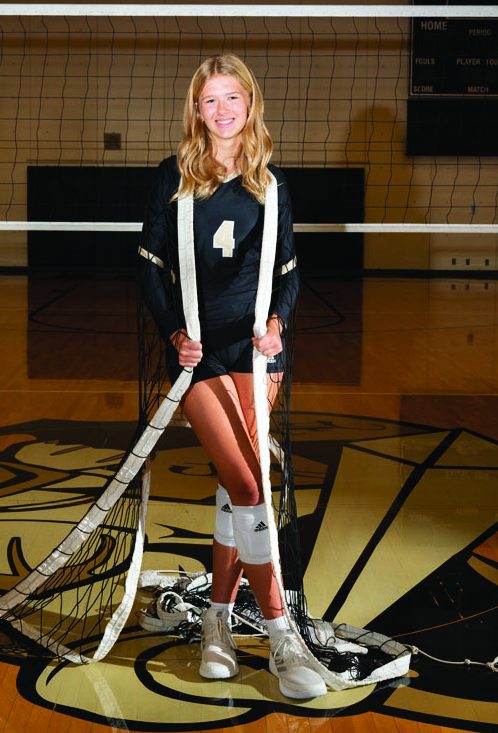Sports Psychology
March 27, 2018
Tell me, who did you cheer for in the Super Bowl this year? But, don’t think about where you were while watching it. Don’t picture the fans screaming. Don’t let your mind wander to the commercials you enjoyed, and DO NOT imagine the football spiraling through the air from a perfectly thrown pass… but you did, didn’t you? Welcome to the mind of an athlete, where it’s harder than you would think to keep control over your own thoughts.
Sports Psychology is, as defined by the American Psychological Association, “A proficiency that uses psychological knowledge and skills to address optimal performance and well-being of athletes, developmental and social aspects of sports participation, and systemic issues associated with sports settings and organizations.”
Whether they are aware of it or not, all athletes use their own form of sports psychology every time they step up to compete. Some athletes create their own mind tricks to improve their game, while others stick with simplicity and let the game come to them. In the end, sports psychologists claim it comes down to how your brain works and how mentally tough you are.
Fidan Ibrahimova (12) has been playing tennis for as long as she can remember and even won a state championship her sophomore year. After years of being an athlete, she has developed some tricks of her own, but they aren’t quite the norm. “I’ll tell myself the opposite of what I am. If I tell myself, ‘I’m bad’, it’ll relieve pressure off of me and I’ll feel like, ‘Oh if you’re bad, then it’s okay.’” She continued, “If I say I’m good, and then I lose, I’m going to be pissed.”
Although psychologists claim that using reverse psychology is not an effective way to perform well, it depends on the person, their goals in the long run, and many other factors.
“Before a match I just tell myself it’s okay and all my work is going to get me to my final goal and not just these little tournaments,” said Ibrahimova.
Another mind trick that Ibrahimova uses is one that her club tennis coach taught her a while back called the building block strategy. “I look at my career in blocks. The first block, you know, is maybe just get to this tournament, get to this ranking, by my final block is to win an NCAA title in college.” Ibrahimova isn’t moved by setbacks and doesn’t let losses bring her down either. “Maybe if I don’t win this tournament, that’s okay, but I know that how I played in that and how I got myself there will help me in my end goal even if I don’t meet this tiny goal. I try to think about the bigger picture and not just in the moment.”
Goal setting is an important part of sports psychology. An athlete should always set goals so there is purpose and direction behind their training.
According to zenhabits.net, the best way to set goals is to set many small attainable goals leading towards one big goal at the end. For example, if Ibrahimova has a goal to win state tennis, she should first set goals to win some individual matches, then to win city, and then to win districts. All of these goals should just be mini-goals that lead up to the big goal of winning state. Achieving small goals along the way will keep athletes motivated and on track, all the while knowing that the final achievement is what they are ultimately striving for.
Calen Olsen (11), a cross country runner and soccer player, has learned this building block strategy as he has grown as an athlete. “Freshman year I looked more at the small things, but now I look at the bigger picture.”
Just like in any sport, it’s important not to base your success off of one race. Olsen also knows that it is important not to let smaller parts of a race affect his entire run. He finds goal setting and planning an important part of his races. “For (cross country) meets I like to plan things out,” Olsen said.
Since running is 90 percent mental, runners often spend a great deal of time before races picturing the course in their heads. Runner’s World has many suggestions when it comes to building mental toughness, starting with going through likely scenarios in your head before a meet or a game. This helps prepare your body for anything that may happen, and builds confidence for tough parts that may occur during competition.
An article by MaxPreps explains that the worst thing you can do is tell yourself ‘don’t’. The mind doesn’t know how to respond to words like ‘don’t’, so athletes should fill their minds with words like ‘can’. However, being mentally tough enough to tell yourself you can do something is often incredibly difficult.
“For basketball one of my biggest problems is my lack of confidence, so I need to get myself off of that and not tell myself, ‘I can’t do it,’ but believe that I can,” said Cassie Nash (11), varsity basketball, softball, and soccer player.
Nash has been playing sports almost her entire life, but has gained most of her mental toughness in the past three years here at Southeast. She has found that her biggest boost is not from herself but from her teammates, coaches, and family. “Surround yourself with people that believe in you because that’s where I get most of my mental toughness,” Nash continues, “You should believe in yourself, that’s the number one goal, but it’s easier to believe in yourself when you’re surrounded by other people that believe in you, too.”
Although Nash is aware that the mental part of her game can make or break her performance, she knows it’s a lot easier to believe in herself when she has put in the hard work to have the physical part of her game strong. “Just find a way to build your confidence whether it’s practicing a lot, and don’t give up when stuff gets hard.”
When adversity strikes, Nash takes a moment to look up at the stands to her family, who will never fail to yell something uplifting to keep her hopeful. This helps her be more successful, therefore bringing her back in the game. “When something good happens after a mistake is usually when I’m fully back. It’s usually after I make a mistake I’ve got to push myself harder to not do it again,” she explained.
Although the term Sports Psychology seems too big of a word to affect high school students in the middle of Nebraska, just about every athlete across the nation uses these words; maybe without even knowing it. The control you have over your own mind can take you from having a good game to having an all-time best. Eliminating the words ‘don’t’ and ‘can’t’, are good places to begin, as well as putting together building block goals. Also, knowing what types of things pick you up during the times you are struggling is key when it comes to improving confidence and performance.
Experts agree that athletes need to start focusing more on the mental part of their sport and not just the physical aspects. Doug Gardner, a ThinkSport consultant for MaxPreps explained it best, “One of the most overused cliches in sport is that 90 percent of performance is mental. The problem is that 90 percent of coaches and athletes spend 100 percent of their time working on the physical and fundamental aspects related to their sport.” So, next time you are preparing for your game, match, meet, etc., be sure to practice how you think just as much as you practice how you play.
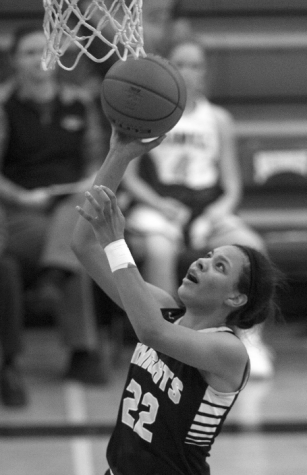
Cassie Nash (11) // Photo credit: Lincoln Journal Star

